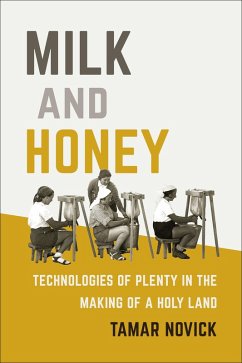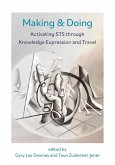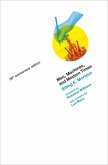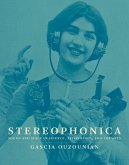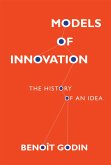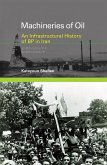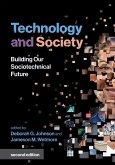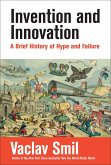An innovative historical analysis of the intersection of religion and technology in making the modern state, focusing on bodily production and reproduction across the human-animal divide. In Milk and Honey, Tamar Novick writes a revolutionary environmental history of the state that centers on the intersection of technology and religion in modern Israel/Palestine. Focusing on animals and the management of their production and reproduction across three political regimes-the late-Ottoman rule, British rule, and the early Israeli state-Novick draws attention to the ways in which settlers and state experts used agricultural technology to recreate a biblical idea of past plenitude, literally a "land flowing with milk and honey," through the bodies of animals and people. Novick presents a series of case studies involving the management of water buffalo, bees, goats, sheep, cows, and peoplein Palestine/Israel. She traces the intimate forms of knowledge and bodily labor-production and reproduction-in which this process took place, and the intertwining of bodily, political, and environmental realms in the transformation of Palestine/Israel. Her wide-ranging approach shows technology never replaced religion as a colonial device. Rather, it merged with settler-colonial aspirations to salvage the land, bolstering the effort to seize control over territory and people. Fusing technology, religious fervor, bodily labor, and political ecology, Milk and Honey provides a novel account of the practices that defined and continue to shape settler-colonialism in the Palestine/Israel, revealing the ongoing entanglement of technoscience and religion in our time.
Dieser Download kann aus rechtlichen Gründen nur mit Rechnungsadresse in A, B, BG, CY, CZ, D, DK, EW, E, FIN, F, GR, HR, H, IRL, I, LT, L, LR, M, NL, PL, P, R, S, SLO, SK ausgeliefert werden.

